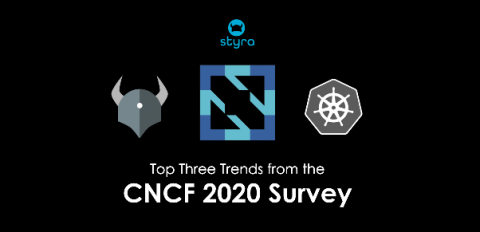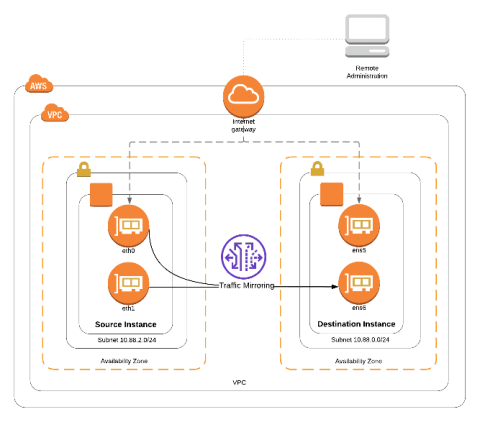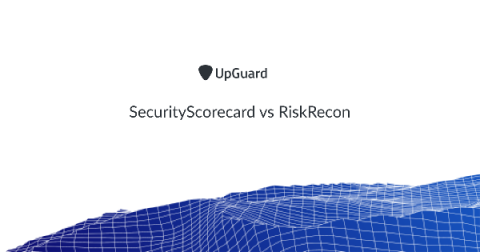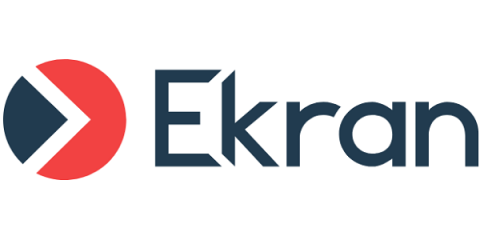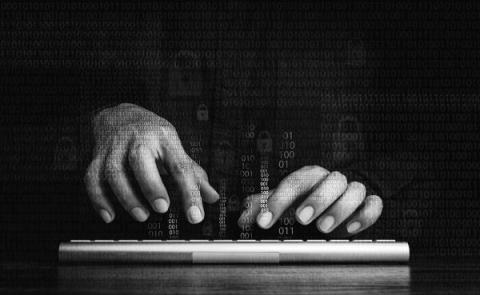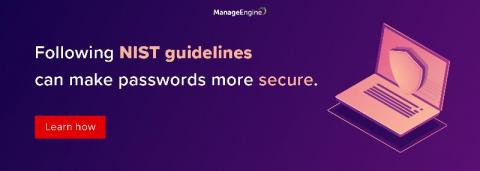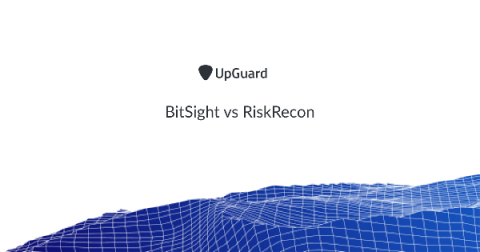Top trends from the CNCF survey & what it means for enterprises
The results are in! The Cloud Native Computing Foundation (CNCF) seventh annual survey was recently released, showing that cloud-native technologies have become mainstream, and that deployments are maturing and increasing in size. This cloud-native shift means developers can more easily build complex applications, and organizations can deploy and manage these applications more quickly and with more automation than ever before. Don’t have time to read the whole thing? We’re here for you.


